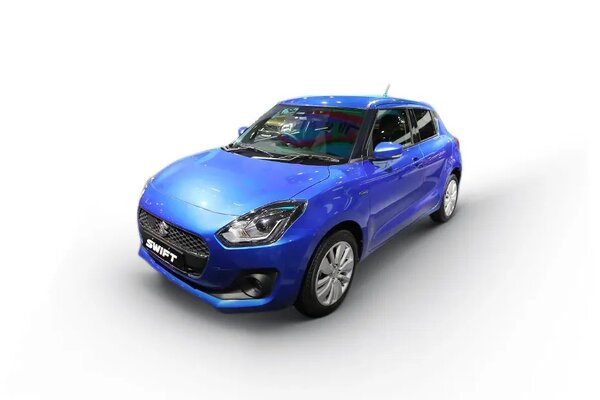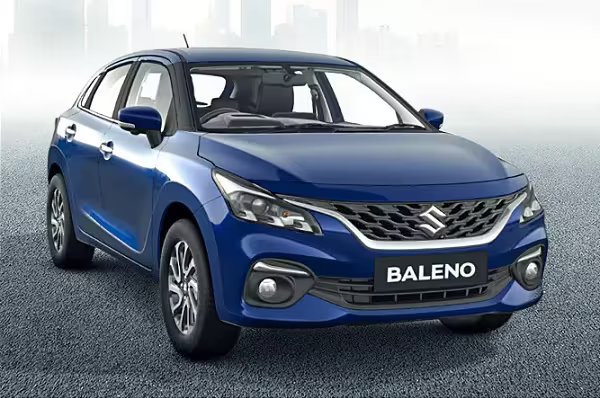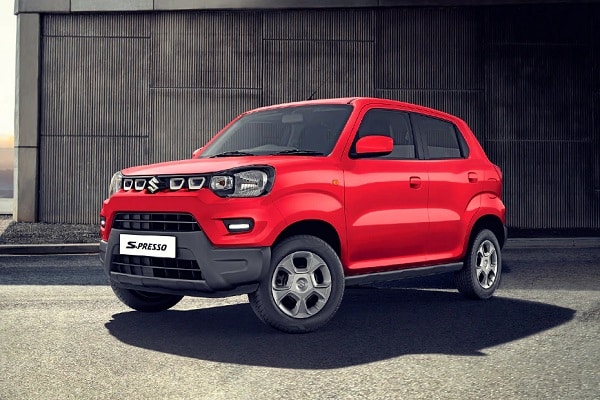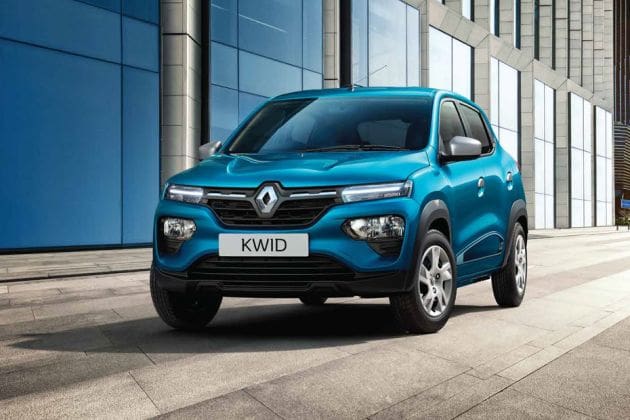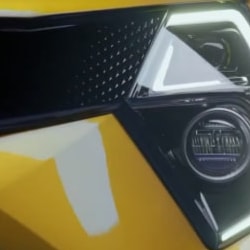How does Maruti Suzuki's vehicle scrappage centre work: Details here
- The vehicle scrappage industry is expected to create a large number of jobs in India alongside creating new business ecosystems as well.
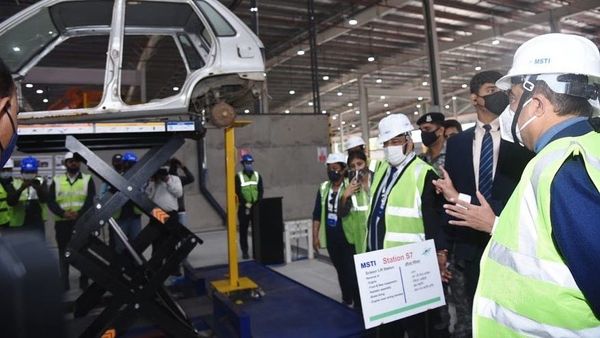

Union road and transport minister Nitin Gadkari has recently inaugurated Maruti Suzuki and Toyota Tsusho Group’s first government-approved vehicle scrapping and recycling facility in Noida, which is meant for end-of-life vehicles (ELVs). Spread across 10,993 square metres, the facility is operated by Maruti Suzuki Toyotsu India Private Limited.
Also Read : Nitin Gadkari inaugurates Maruti's vehicle scrapping centre in Noida
Built an investment of ₹44 crore, the vehicle scrappage facility comes in accordance with the Centre's Vehicle Scrappage Policy. This facility is claimed to have a capacity to scrap and recycle more than 24,000 ELVs every year.
Vehicle scrappage is gaining increasing attention for the last few years since the central government started promoting it. The Vehicle Scrappage Policy further ignited the interest around this.
Here are step by step methods, how Maruti Suzuki's vehicle scrappage centre works.
First, the end-of-life vehicles are procured from dealerships and individuals. The interested dealerships and individual vehicle owners who want to scrap the ELVs, can contact the vehicle scrappage facility through a dedicated website and call centre as well.
The vehicle to be scrapped is then brought to the scrappage facility and there it is documented and inspected thoroughly. The vehicle goes through pre-treatment and de-pollution. The elements such as oil, airbags, battery are taken out of the vehicle, ensuring zero discharge.
Various components of the vehicle are dismantled by the technicians. Then the scrap materials are processed and segregated before the compression of the vehicle shell. Using heavy machines, the vehicle shell is compressed into a metal block for easy storage and transportation. These 60 cm x 60 cm x 60 cm metal cubes are sold to steel mills and smelters.
The entire inspection, dismantling and scrapping process takes around 200 minutes for one car after which the body shell finally gets shrunk.








 998 cc
998 cc Petrol
Petrol